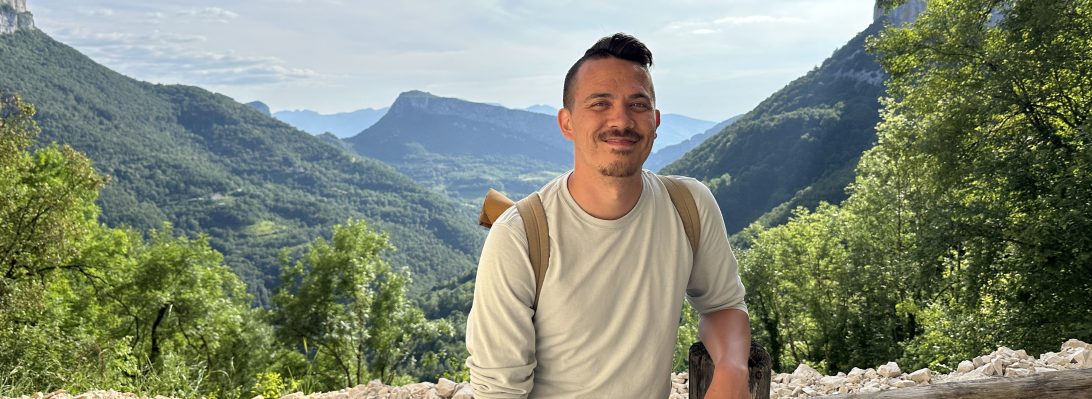
This is an academic presentation about my masters research, delivered at the AMPS Prague – Heritages conference on June 29, 2023.
High in the Rocky Mountains of Canada’s Yoho National Park, the Burgess Shale fossil beds demonstrate dilemmas presented by fossil-rich World Heritage Sites. Designated in 1980, the Burgess Shale bears remains of 500-million-year-old marine organisms that science writer Stephen Jay Gould (1990) once called “the world’s most important animal fossils.” While it was later absorbed into the Canadian Rocky Mountain Parks site, the designation continues to reverberate. It increased the importance of the Burgess Shale’s “discovery” in 1909 as part of regional identity and mythmaking in the Rocky Mountain parks. It also increased fossil theft and led to tighter Parks Canada access restrictions.
If, as Phillip and April Vannini (2021) argue, wildness is not an innate property but “an emergent outcome of activity, of performance, of inhabitation,” then wildness here seems to be a performance of scientific research, and tightly regulated interpretive hikes.
In this paper I will show that like other “natural” heritage sites in Canada (such as Joggins and Dinosaur Provincial Park), the Burgess Shale’s heritage value equally springs from past research conducted at the site, and ongoing reverence by those who hike up to seek physical contact with the deep past. As Patrick Boylan (2008) has noted, few sites have been designated for their geological importance alone, and fewer still for the richness of their fossils. I will argue that World Heritage designation can expose the relative power of interest groups making claims on fossil sites.
This presentation includes elements from my thesis research, being conducted at the University of Alberta under the supervision of Dr. Liza Piper.



